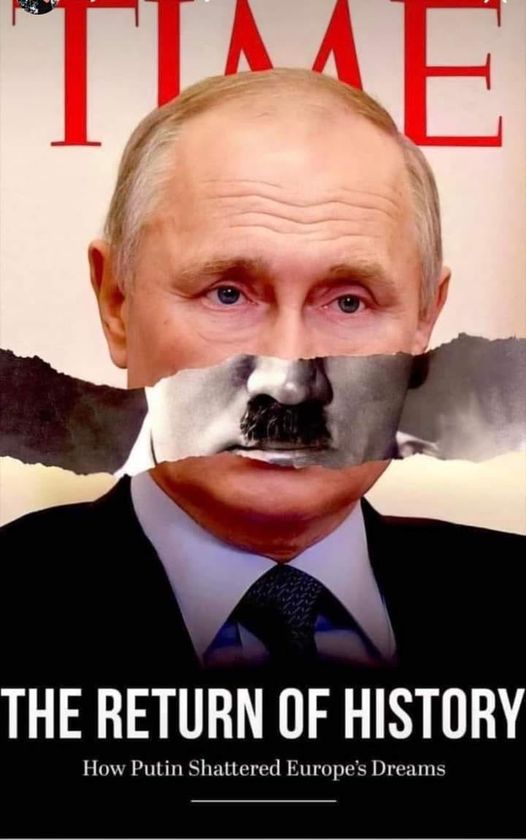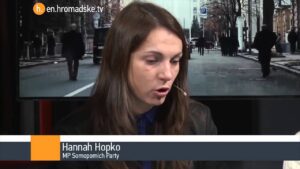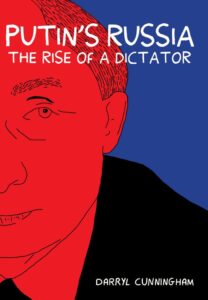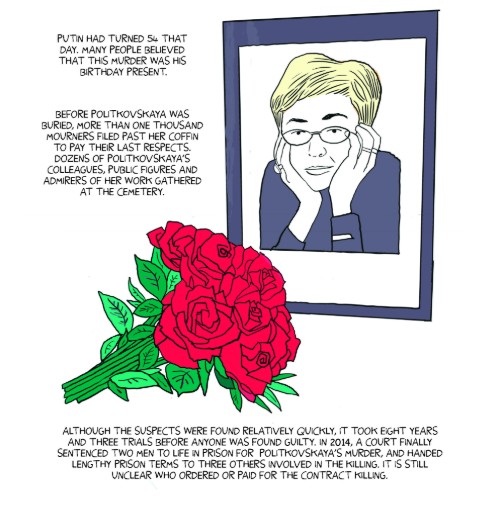
Contrary to claims that Russia’s invasion of Ukraine spells the end of the postwar international order, the reverse is true, argues Kori Schake, the director of foreign and defense policy at the American Enterprise Institute.
Vladimir Putin has attempted to crush Ukraine’s independence and “Westernness” while also demonstrating NATO’s fecklessness and free countries’ unwillingness to shoulder economic burdens in defense of our values. He has achieved the opposite of each. Endeavoring to destroy the liberal international order, he has been the architect of its revitalization, she writes for The Atlantic.
 Putin thinks the West won’t go through with any changes like weaning itself quickly off Russian energy or sanctioning Russian oligarchs because all our talk of “democracy” and “values” are just bunk, notes Peter Pomerantsev, the author of Nothing is True and Everything is Possible, Adventures in Modern Russia. As he announced the invasion of Ukraine, his prime minister, Dmitry Medvedev, scoffed that the west would soon give up on sanctions because we are dependent upon Russia. We may have taken Putin for a comedy villain – he’s betting that we’re the joke, he writes for The Guardian.
Putin thinks the West won’t go through with any changes like weaning itself quickly off Russian energy or sanctioning Russian oligarchs because all our talk of “democracy” and “values” are just bunk, notes Peter Pomerantsev, the author of Nothing is True and Everything is Possible, Adventures in Modern Russia. As he announced the invasion of Ukraine, his prime minister, Dmitry Medvedev, scoffed that the west would soon give up on sanctions because we are dependent upon Russia. We may have taken Putin for a comedy villain – he’s betting that we’re the joke, he writes for The Guardian.
The very aims of last December’s Summit for Democracy are being tested in real time, argue Ukrainian activist Hannah Hopko (above) and Laura Thornton of the Alliance for Securing Democracy. Lofty pledges were made, and the White House announced 2022 as a “year of action” during which countries will hone their commitments to democratic reform. Meanwhile Russian bombardment of Ukraine is underway with the aim to “reclaim” a democracy under authoritarian rule. The threat of autocratic takeover is not a theoretical thought exercise; it’s happening, they write for The Hill.

A lack of consequences early in Putin’s regime has led directly to what’s happening in Ukraine today, says Darryl Cunningham, the author of Putin’s Russia: The Rise of a Dictator.
The West has badly misunderstood – or ‘misunderestimated‘ – Putin from the beginning. They have treated him as if he was just another statesman and not the ruthless gangster he actually is, he adds. The West has been weak and the Kremlin has taken full advantage of this.
Meanwhile, Putin has enriched himself with at least $200 billion in “ill-gotten gains,” forging a kleptocratic regime in the process.
“Any attempt to calculate his net worth won’t succeed,” says exiled Russian banker Sergei Pugachev. “He’s the richest person in the world. There are approximately 10,000 officials in Russia working for Putin who are given instructions to kill, torture, kidnap, extort money from people, and seize their property.”
Putin’s Russia paints the picture of an autocrat driven by single-minded pursuit of power, wealth and prestige, whose every act is calculated to advance his own interests, Forbes’ Rob Salkowitz adds. Putin has heretofore managed to use violence with surgical precision to silence and intimidate his enemies, rather than resort to gross and large-scale atrocities – the current situation in Ukraine notwithstanding.

The body count is shockingly high, another reviewer adds, but Cunningham treats each victim with dignity and respect, even naming specific passengers of Malaysia Airlines flight MH17 that was shot down over Ukraine. With an astute, insightful mixture of hard facts and engaging art, Cunningham delivers a page-turner that keeps things simple, but never simplistic.
He chronicles a series of Putin’s amoral and corrupt acts over the past two decades, including the murders or “suspicious deaths” of dozens of Russian journalists. One reporter, Anna Politkovskaya (above) was shot dead in the elevator of her Moscow apartment building. “Putin had turned 54 that day,” notes Cunningham. “Many people believed that this murder was a birthday present.”







